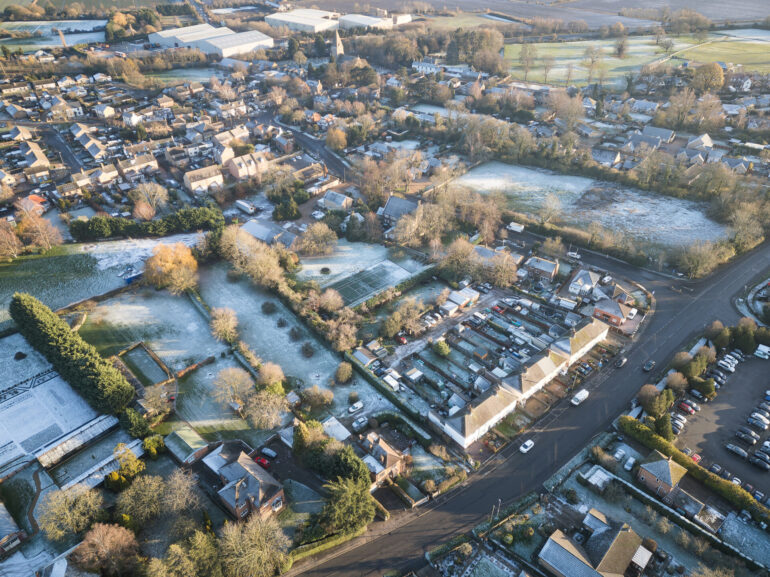First-time buyers are paying almost 8% above asking price for their homes, analysis from Yopa has revealed.
Yopa analysed the difference between average asking price and average sold price for first-time buyer homes.
The latest Rightmove figures from September 2024 showed that the average asking price for a first-time buyer home in Britain stands at £227,570.
However, data from the UK House Price Index shows that the average sold price for first-time buyer homes was £245,208, meaning first-timers paid an average of 7.8% over the odds to get a foot on the ladder.
This was particularly striking when compared to the wider British market, which showed buyers going in low with their offers.
As of September 2024, the average overall asking price in Britain was £370,759, while the average sold price was 21.3% less at £291,828.
The data found that first-time buyers were more willing to offer above the odds in order to secure that first foot on the property ladder, having often spent years saving the funds required to do so.
The average price of a first home has only increased by 0.9% in the past year.
Meanwhile, the average price of a second-stepper home shot up by 2.1%, making them 51% more expensive than first-time buyer homes.
Verona Frankish, CEO of Yopa, said: “It’s great to see first-time buyers keen to get on the ladder to such an extent that they’re paying above and beyond the asking price.
“However, with this eagerness comes an element of risk.
“First-time buyers are, understandably, in the dark when it comes to buying property, and because they’re so determined to make a purchase, they can easily end up offering higher prices.
“This can also happen due to the fact that there simply aren’t enough suitable first homes on the market and so demand is high.”
Frankish added: “Both of these factors can see first-time buyers end up shouldering mortgages that are more difficult to manage due to having stretched financially in order to secure them.
“This is especially true now that we’ve got more and more lenders offering 95% loan-to-value (LTV) mortgages.
“This might make the market more accessible for first-timers, but it also gives them more money to pump into their bids when trying to secure a property and sees them paying higher interest than they may have otherwise.”



